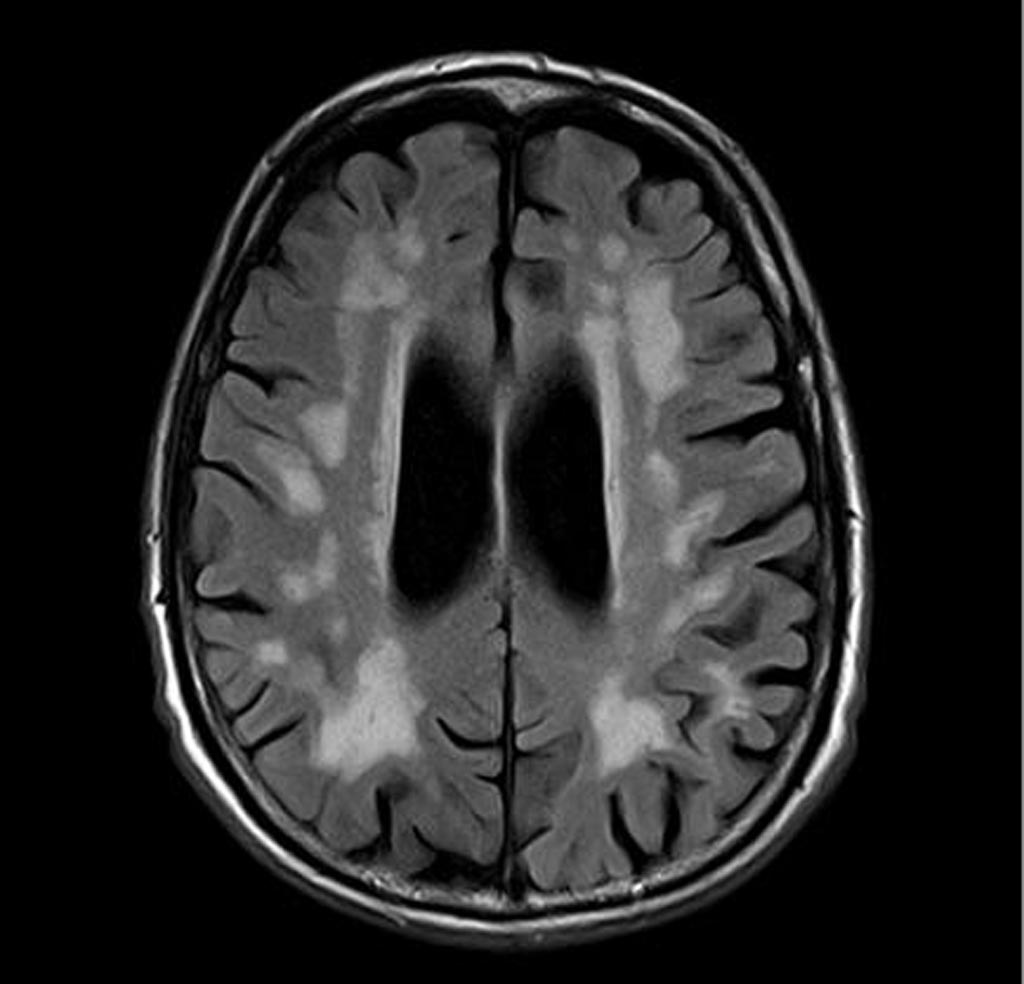Machine-Learning Scans Accurately Predict Undiagnosed Dementia
By MedImaging International staff writers
Posted on 29 Aug 2018
Researchers from the University of Plymouth (Devon, UK) have developed a new machine-learning model that scanned routinely collected National Health Service {(NHS) England, UK)} data in a study and predicted undiagnosed dementia in primary care with high accuracy.Posted on 29 Aug 2018
For the study, the researchers used Read-encoded data from 18 consenting GP surgeries across Devon, UK, for 26,483 patients aged over 65 years. The Read codes is a thesaurus of clinical terms used to summarize clinical and administrative data for UK GPs and were assessed on whether they can contribute to dementia risk, along with other factors such as weight and blood pressure. The researchers used the codes to train the machine-learning classification model to identify patients with possible underlying dementia. The study found that the model can detect people with underlying dementia with an accuracy of 84%, suggesting that it could significantly reduce the number of people living with undiagnosed dementia from the current estimated figure of 50% to 8%.

Image: A brain scan showing vascular dementia (Photo courtesy of Radiopaedia).
“Machine learning is an application of artificial intelligence where systems automatically learn and improve from experience without being explicitly programmed,” said Emmanuel Ifeachor, Principal Investigator Professor from the School of Computing Electronics and Mathematics at the University of Plymouth. “It’s already being used for many applications throughout healthcare such as medical imaging, but using it for patient data has not been done in quite this way before. The methodology is promising and, if successfully developed and deployed, may help to increase dementia diagnosis in primary care.”
“Dementia is a disease with so many different contributing factors, and it can be quite difficult to pinpoint or predict,” said Dr. Camille Carroll, Consultant Neurologist at University Hospitals Plymouth NHS Trust and Researcher in the Institute of Translational and Stratified Medicine at the University of Plymouth. “There is strong epidemiological evidence that a number of cardiovascular and lifestyle factors such as hypertension; high cholesterol; diabetes; obesity; stroke; atrial fibrillation; smoking; and reduced cognitive, physical, or social activities can predict the risk of dementia in later life, but no studies have taken place that allow us to see this quickly. So having tools that can take a vast amount of data, and automatically identify patients with possible dementia, to facilitate targeted screening, could potentially be very useful and help improve diagnosis rates.”
Related Links:
University of Plymouth
National Health Service














